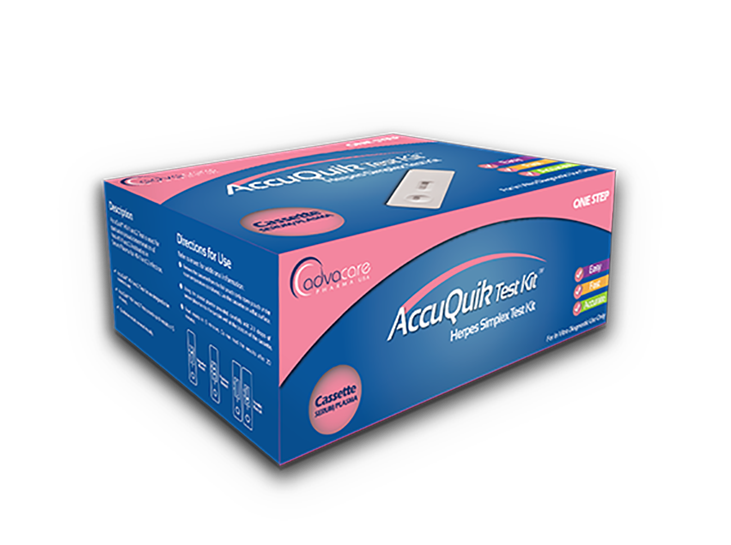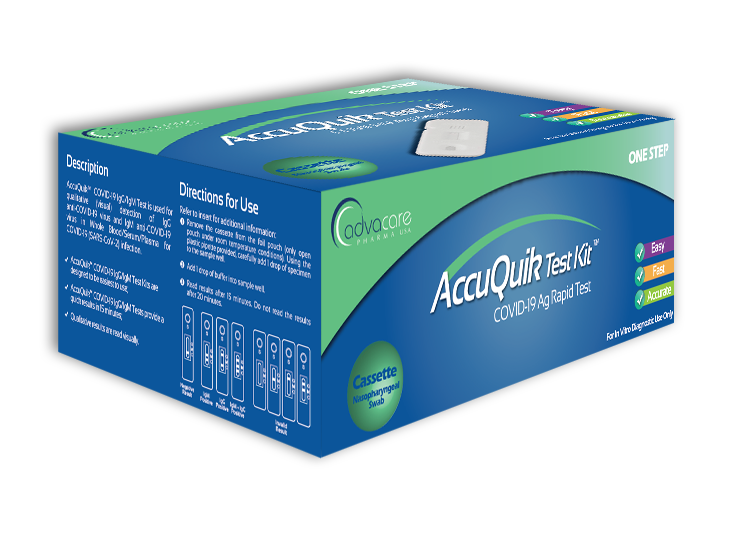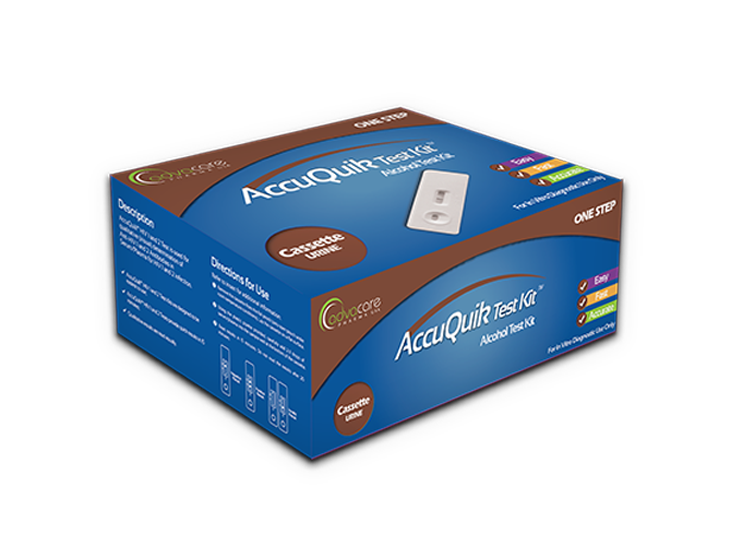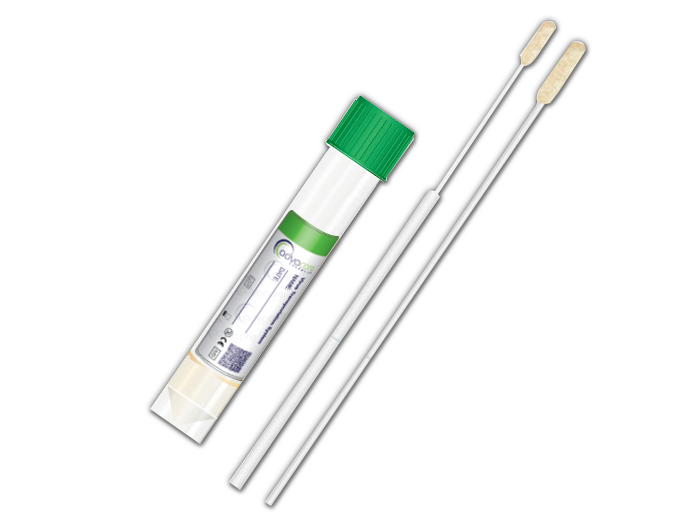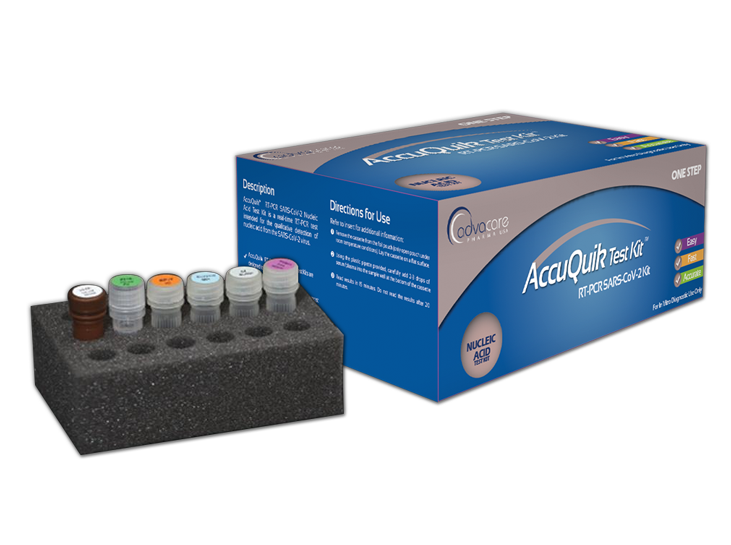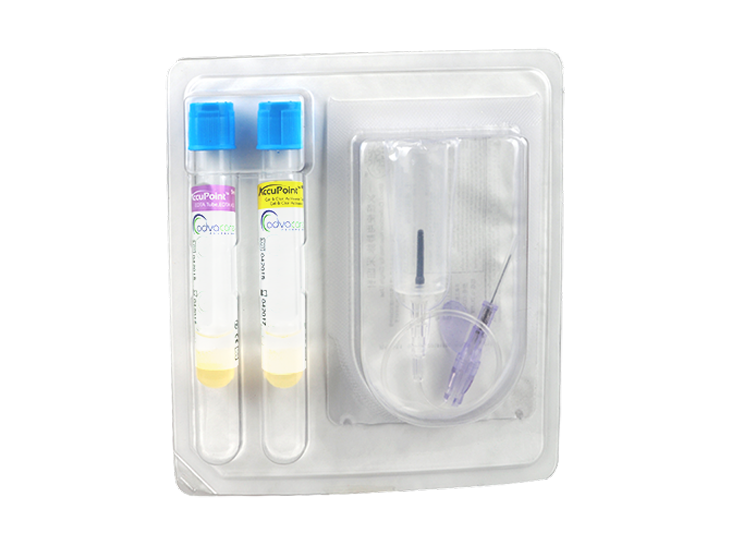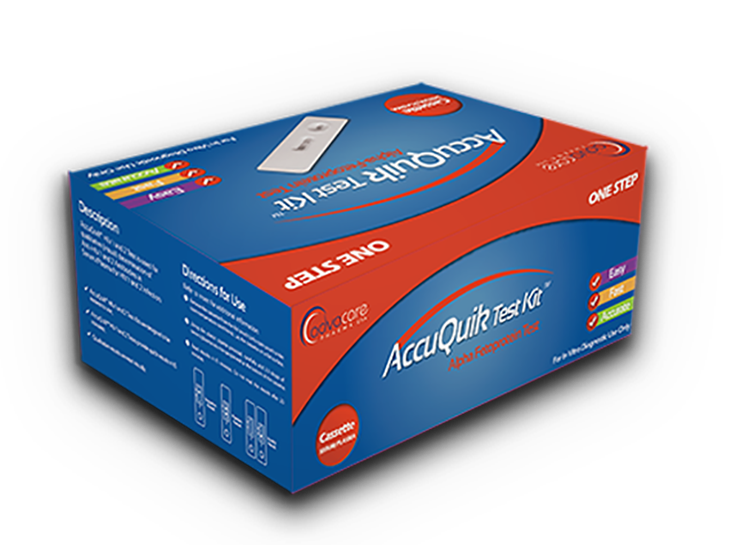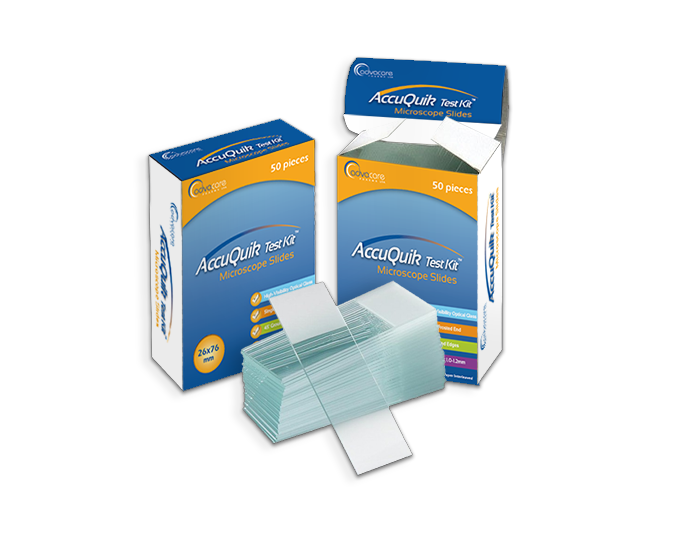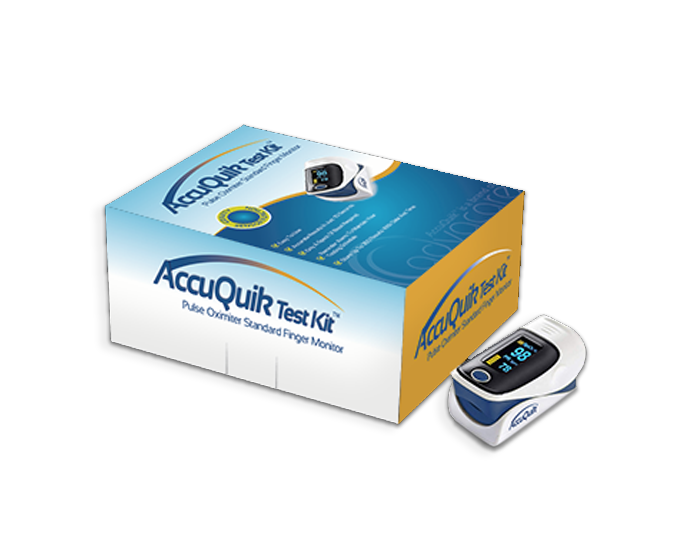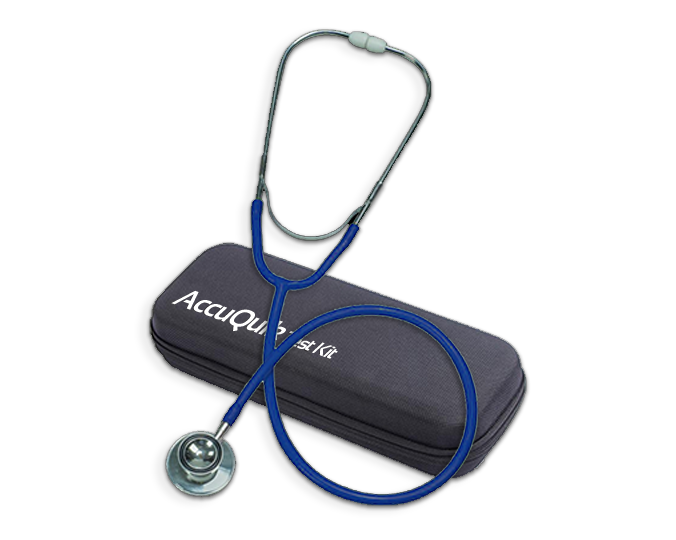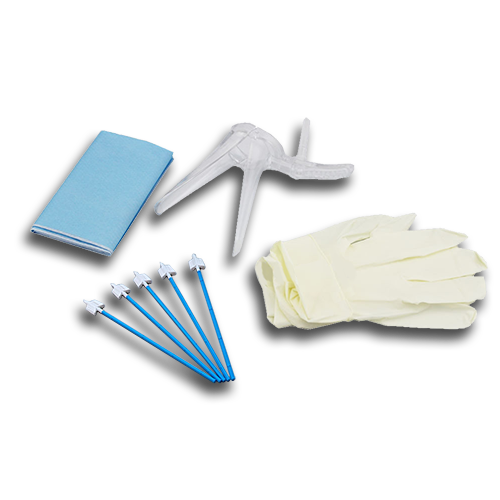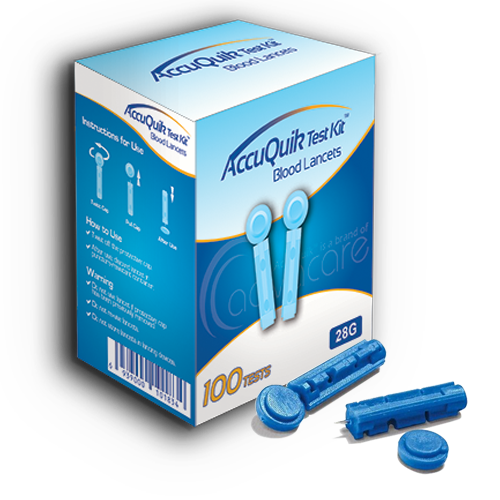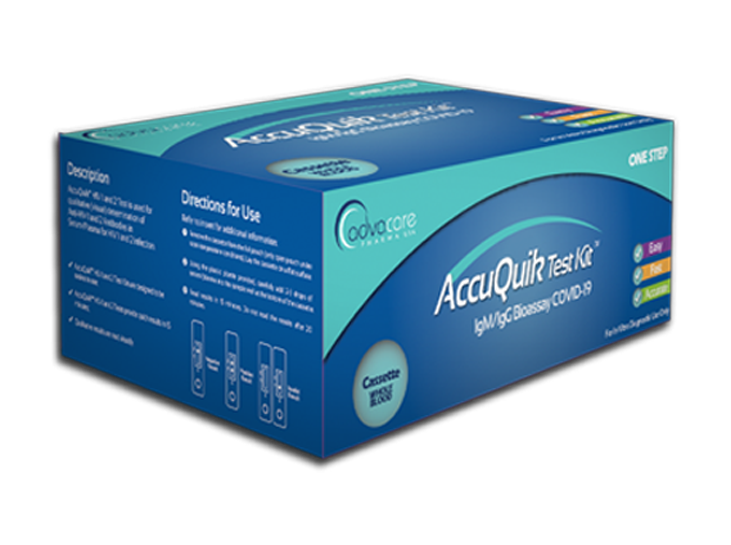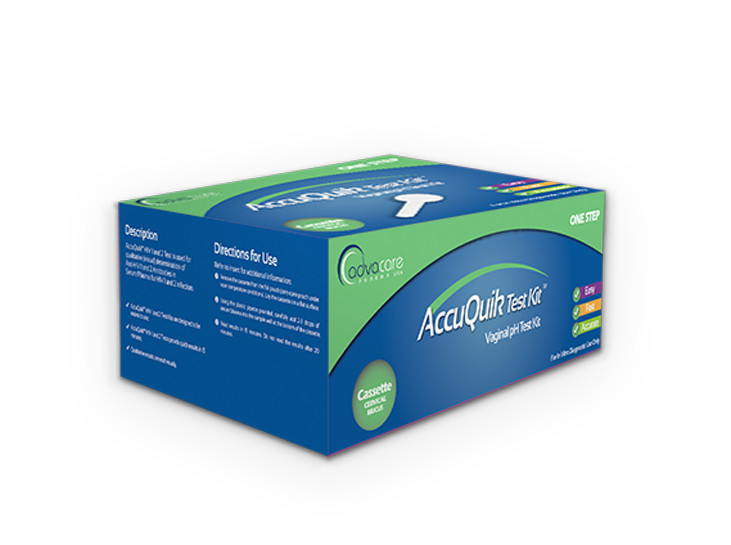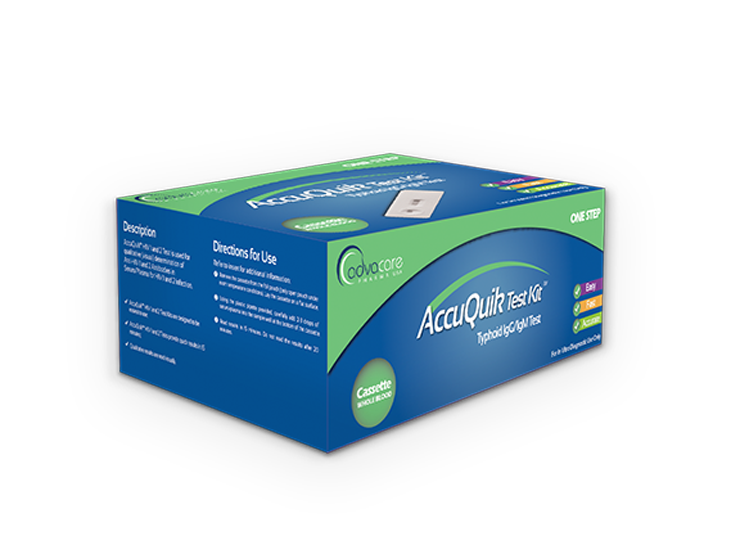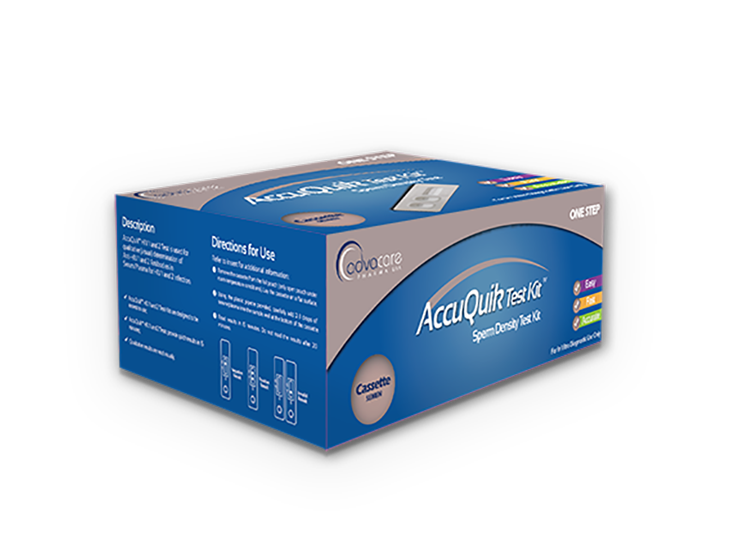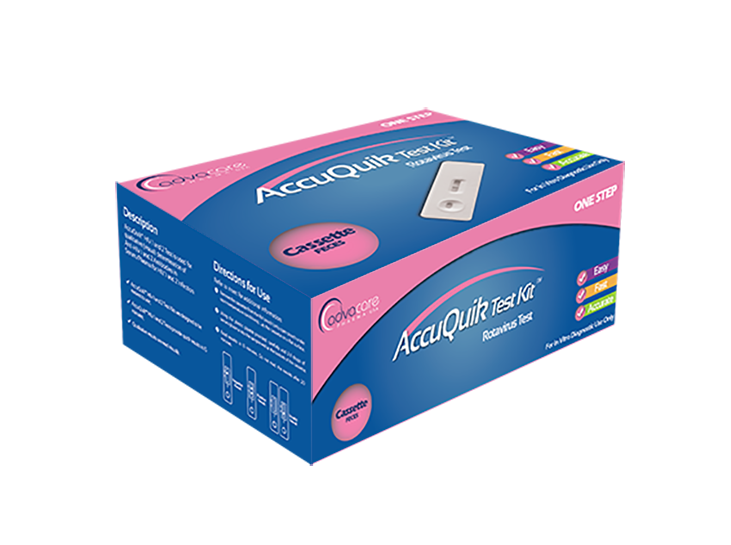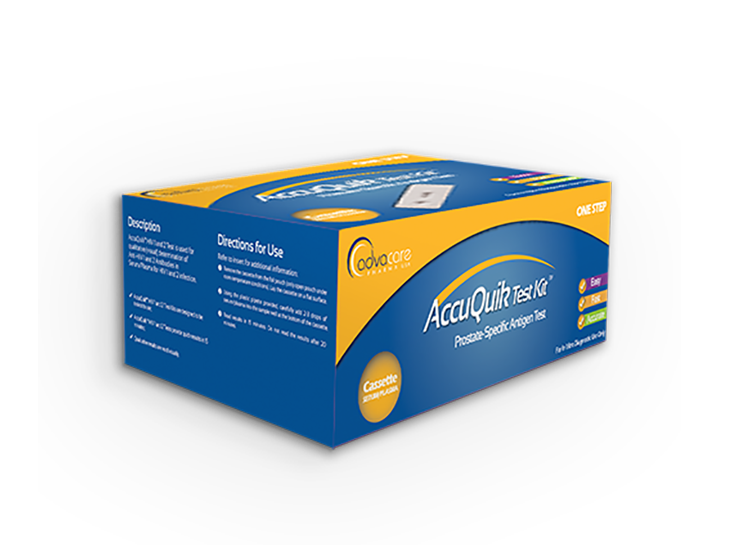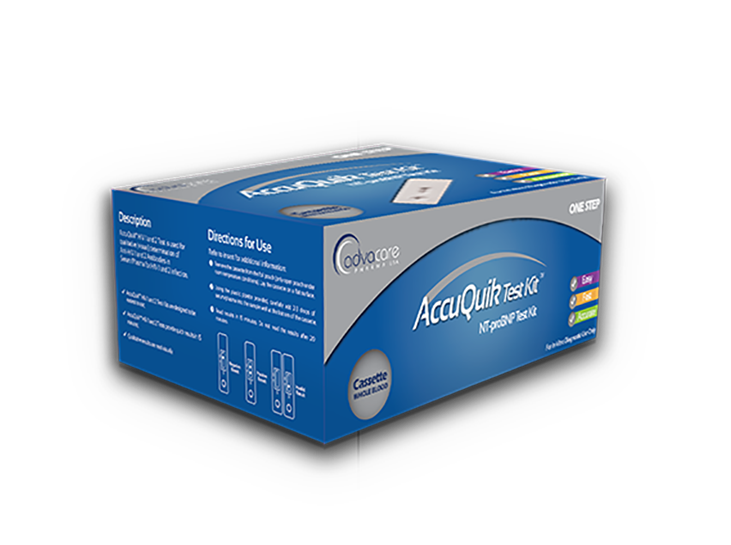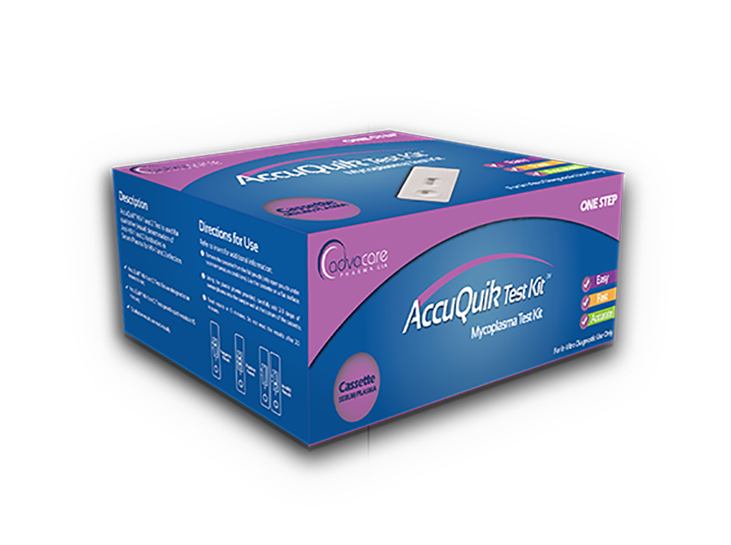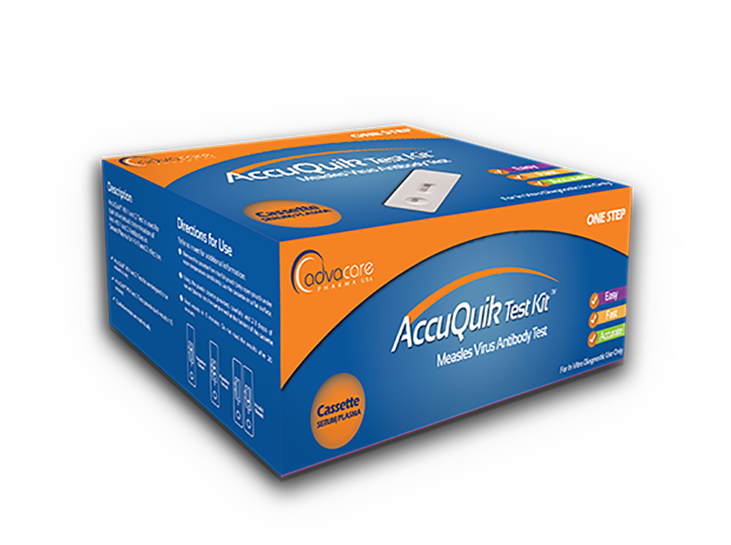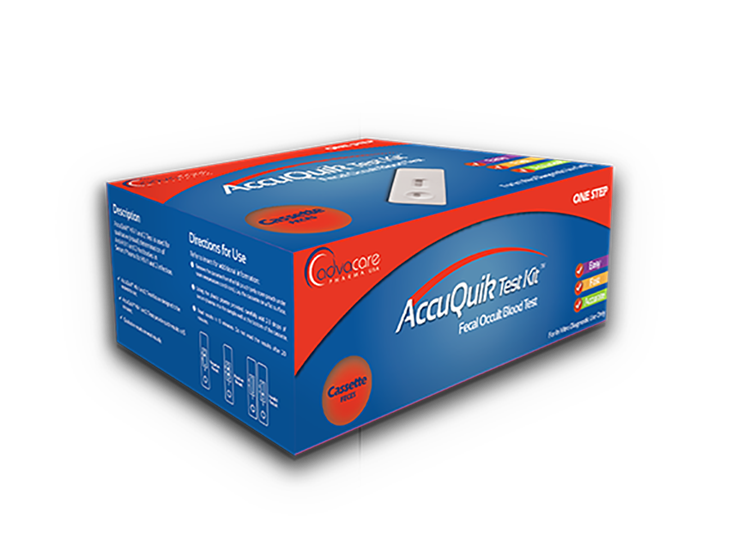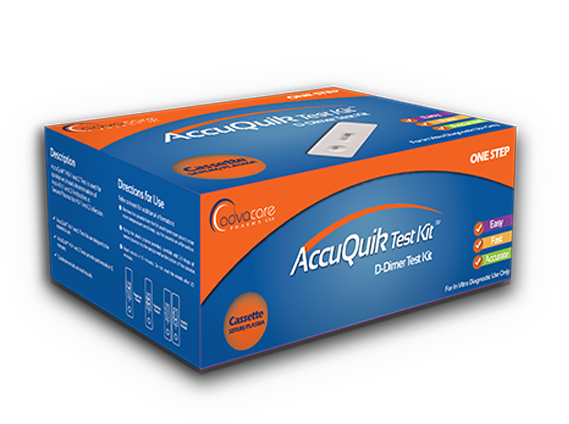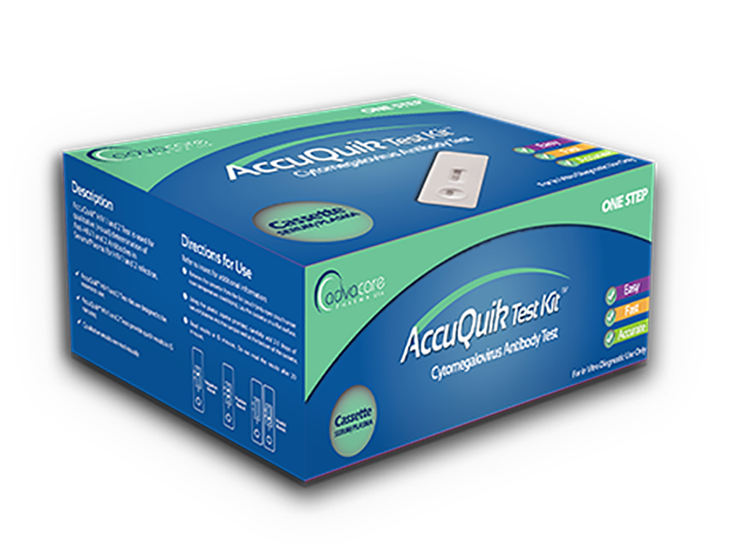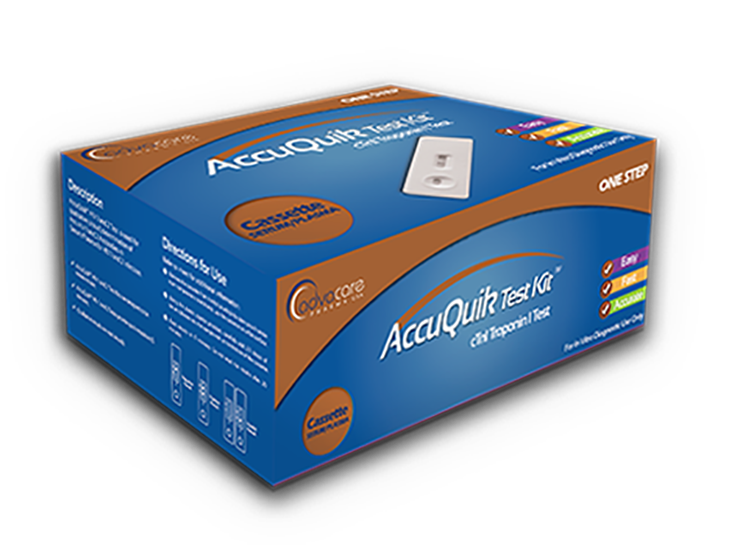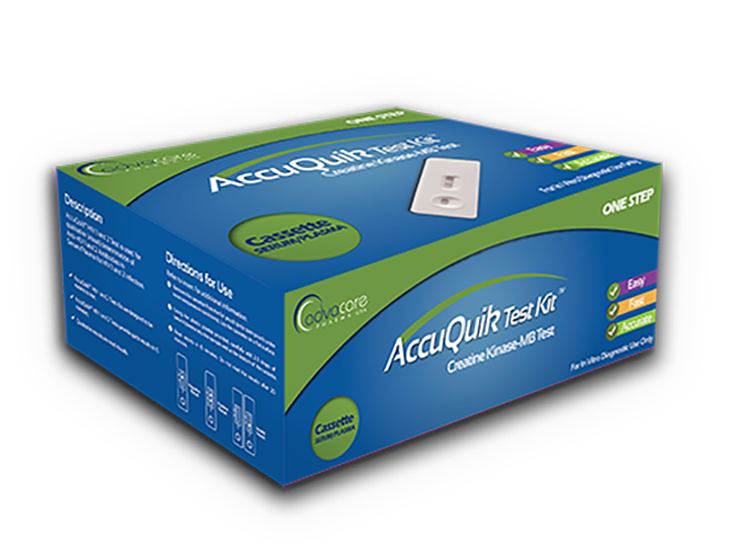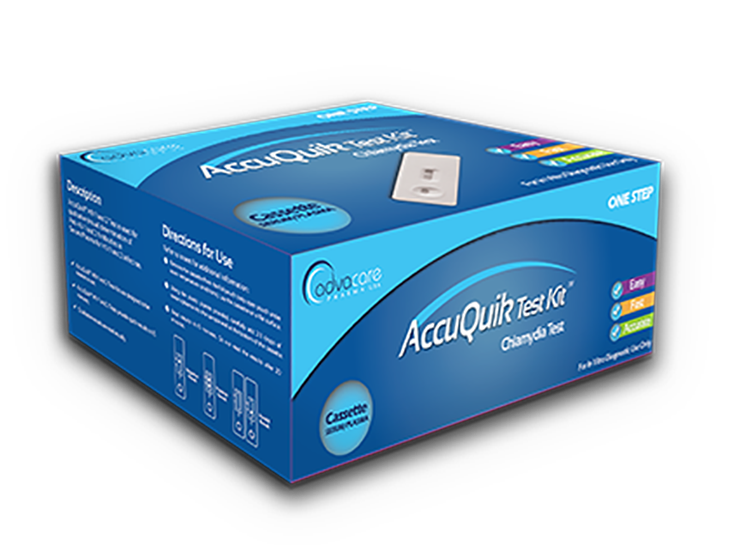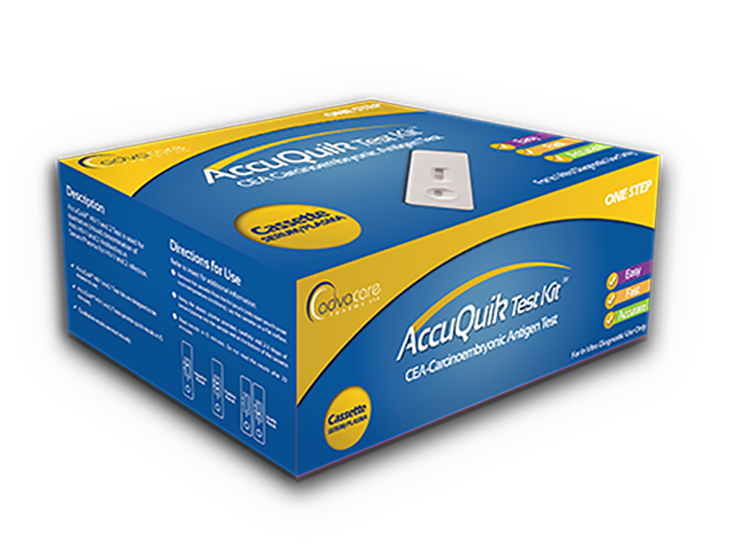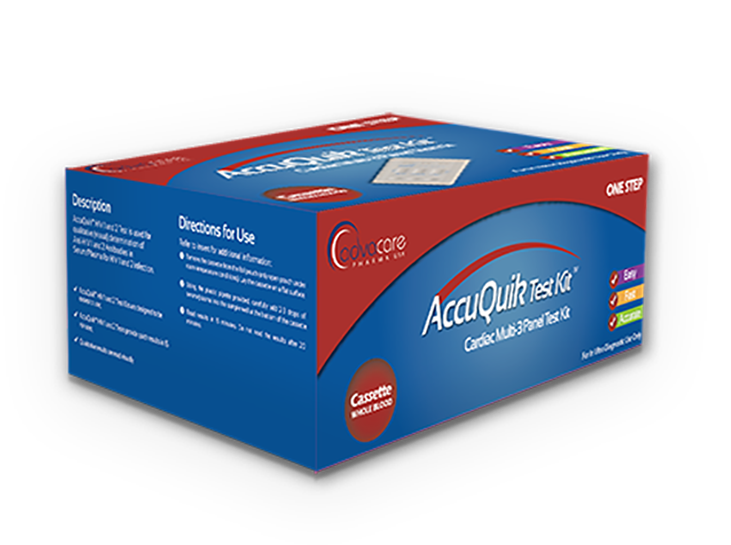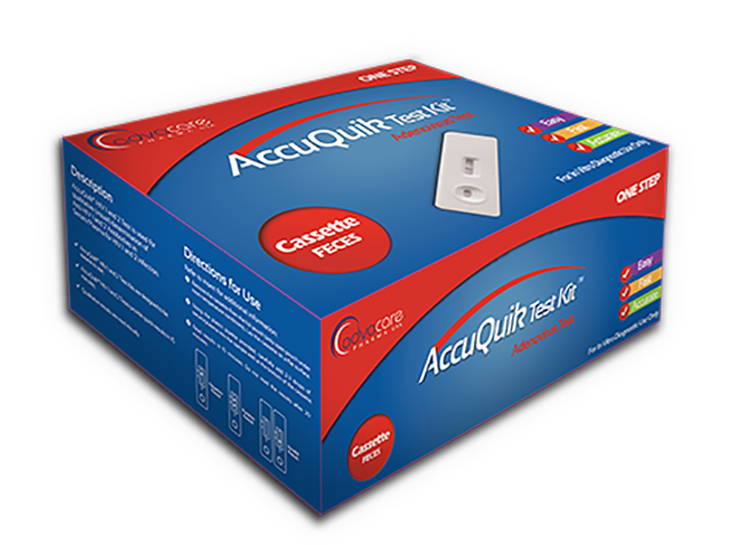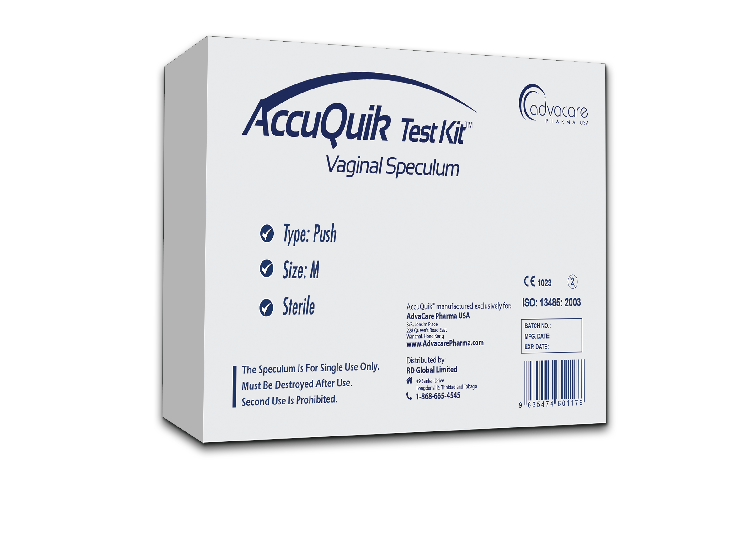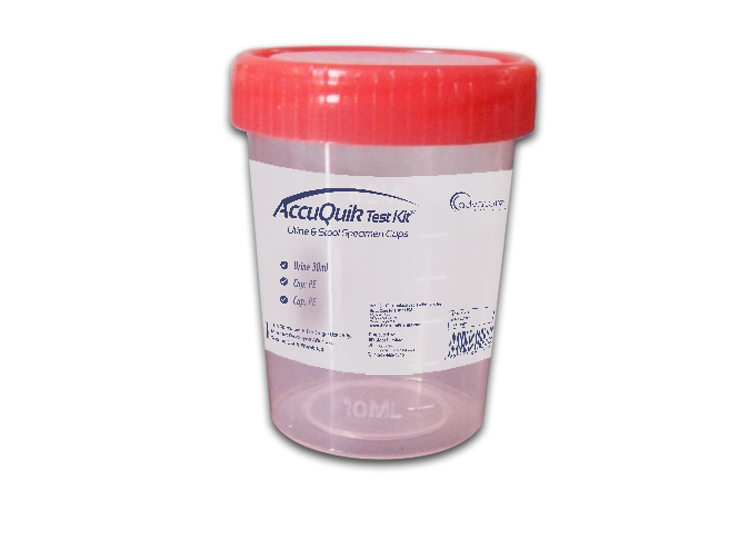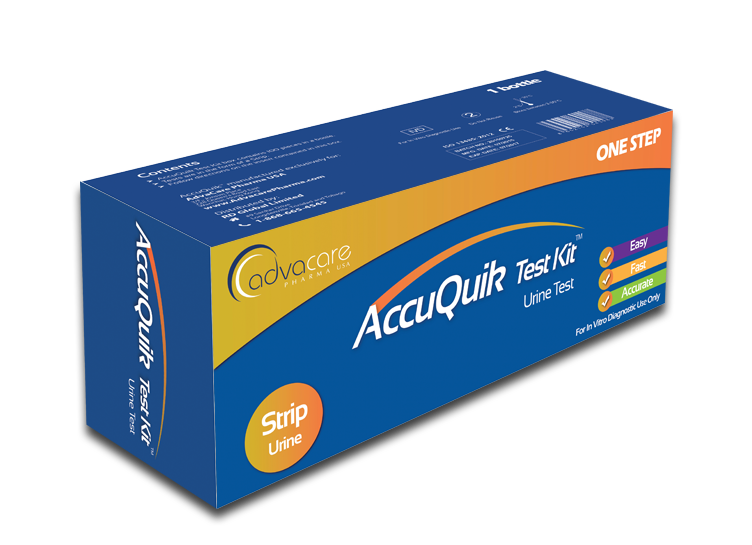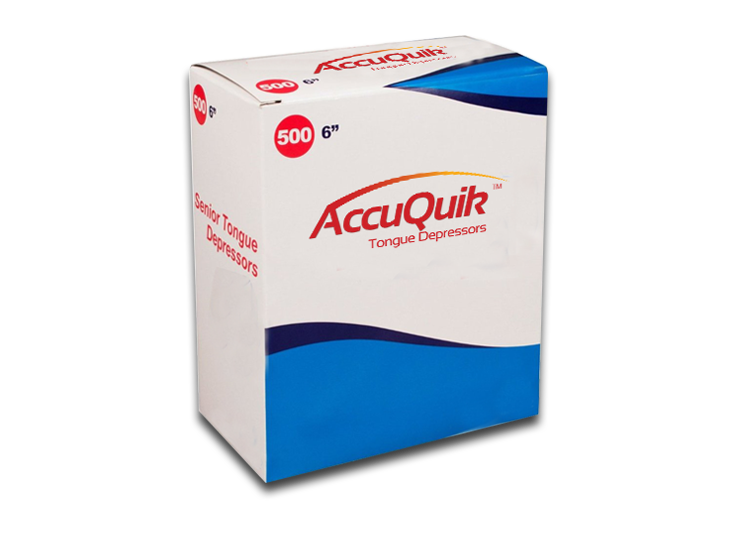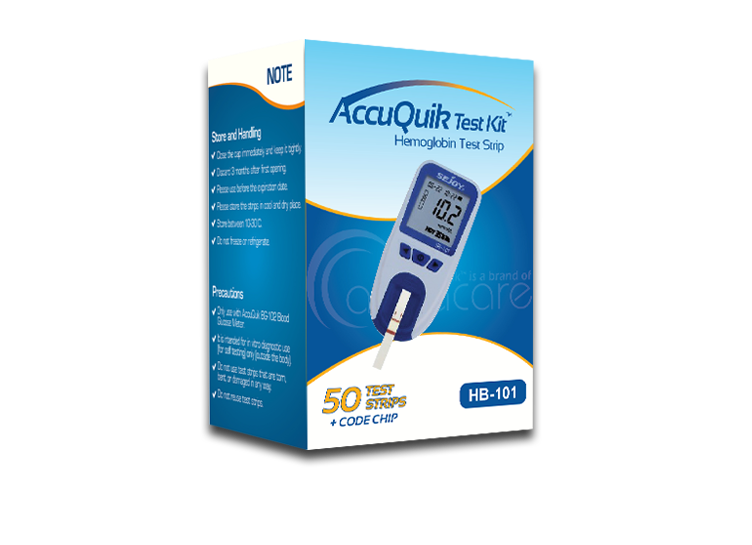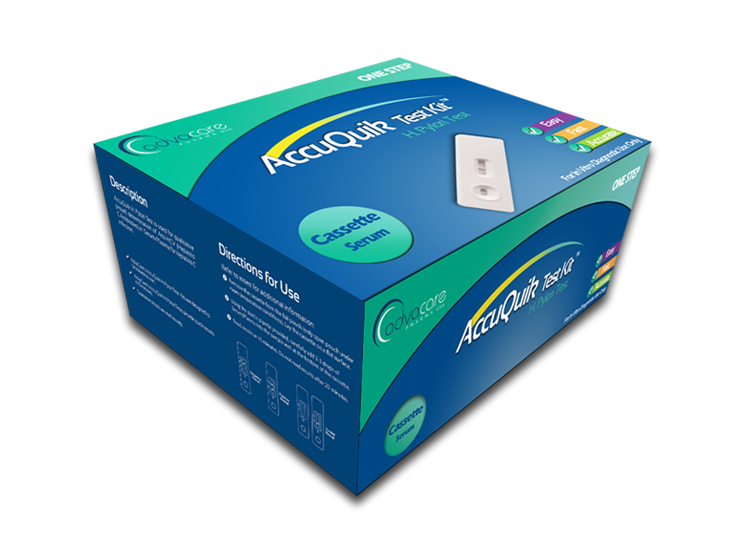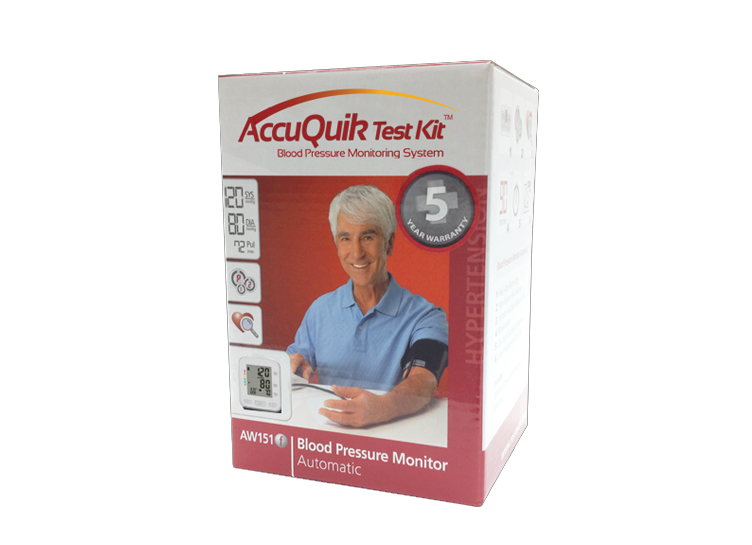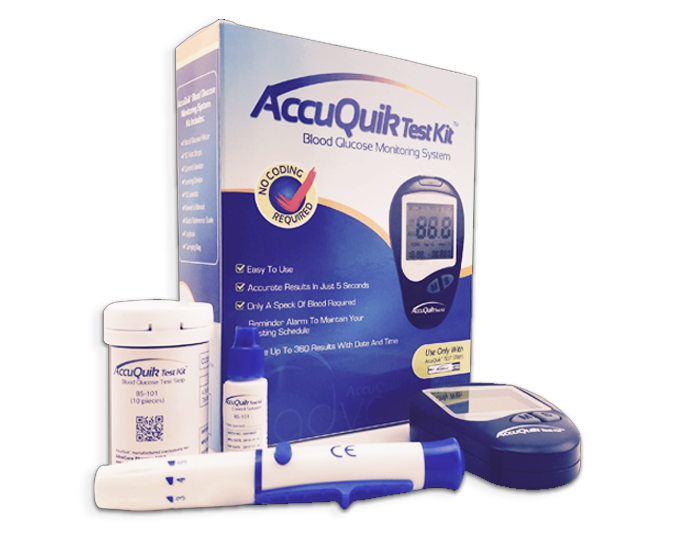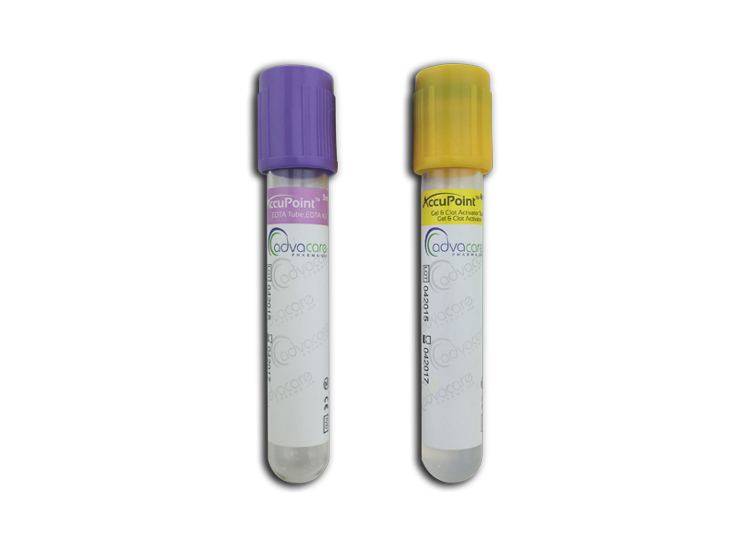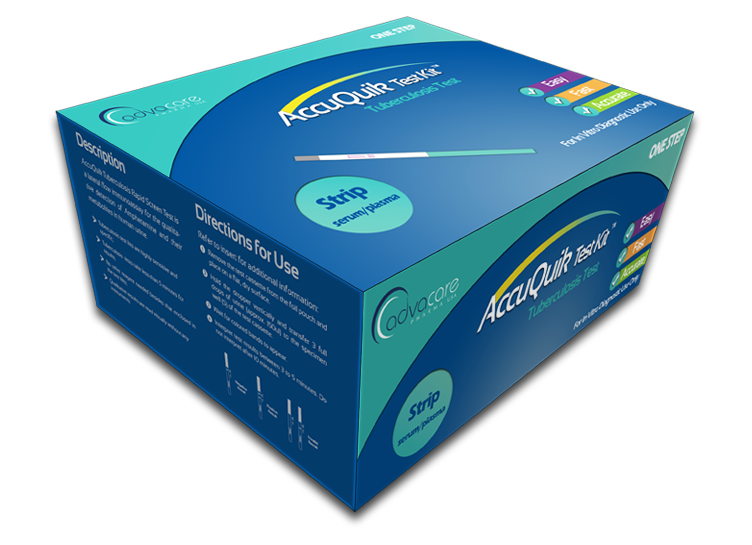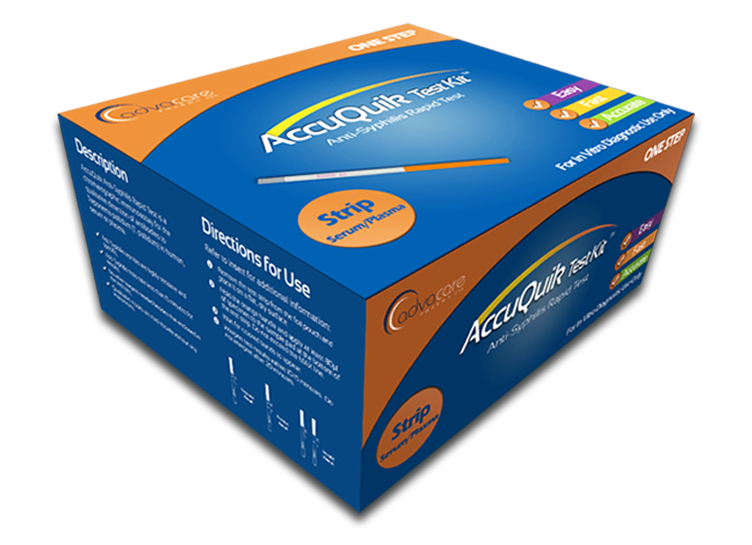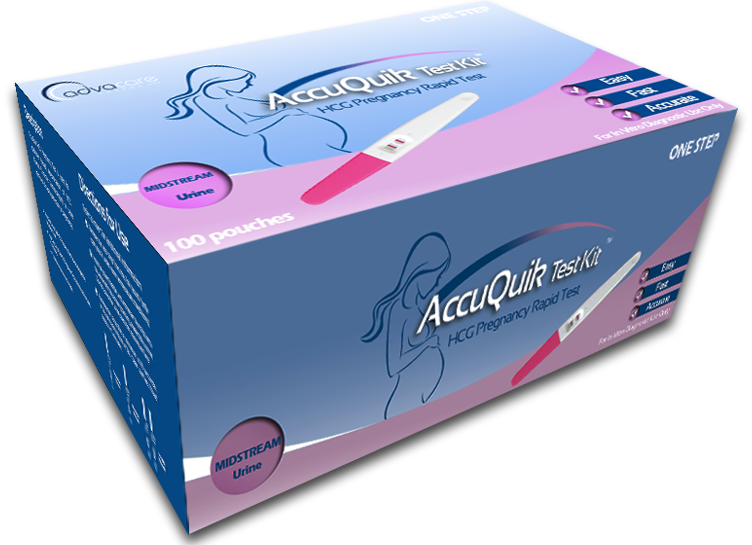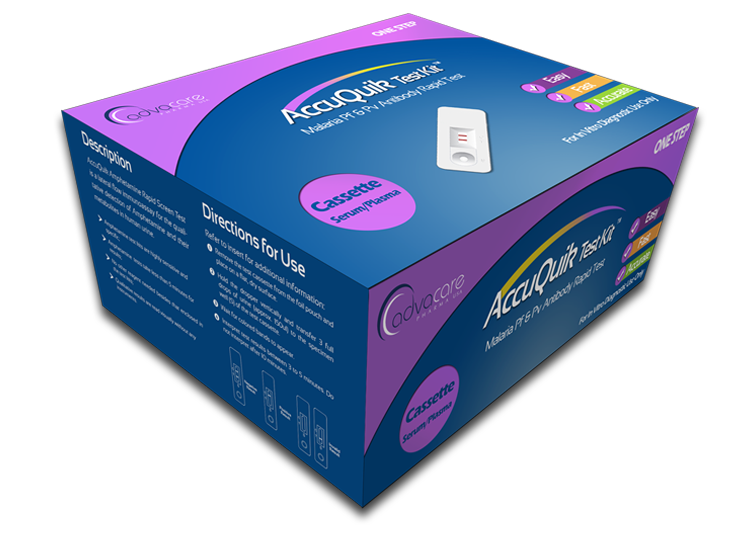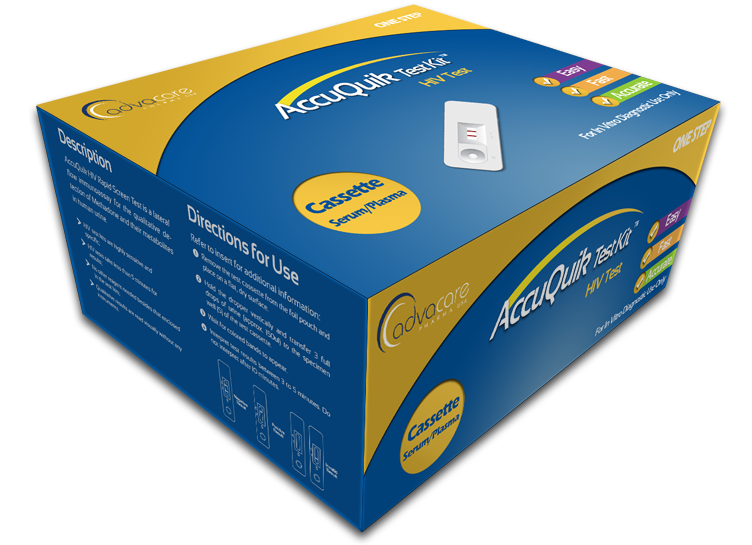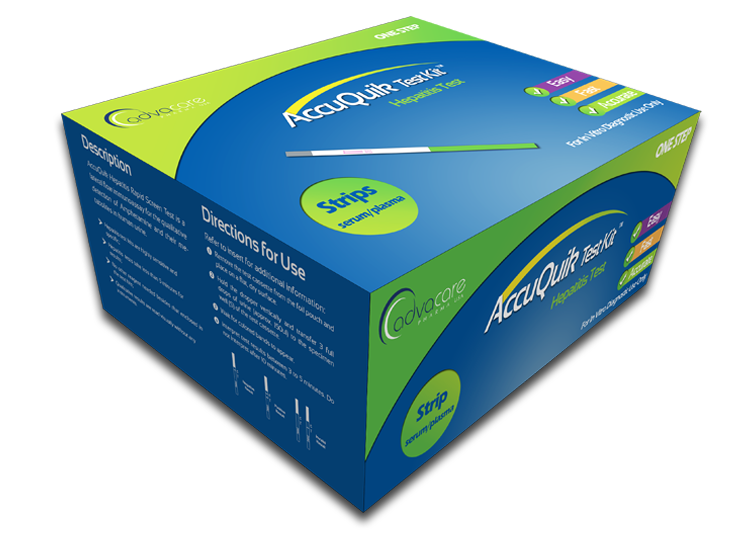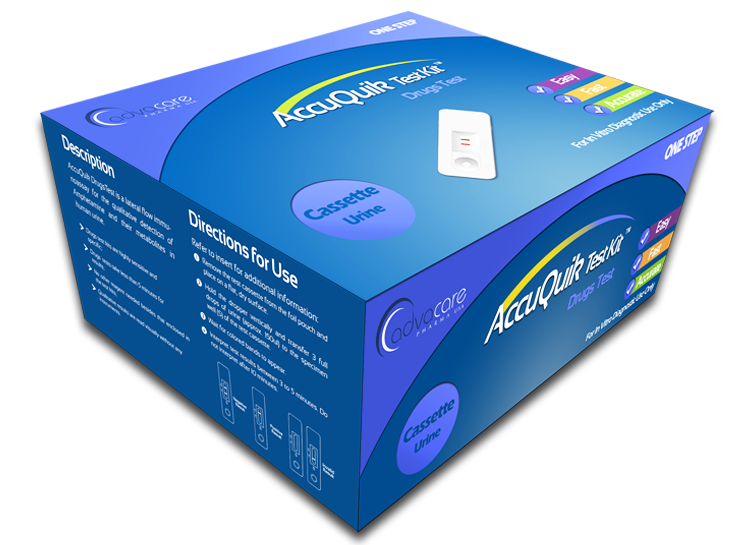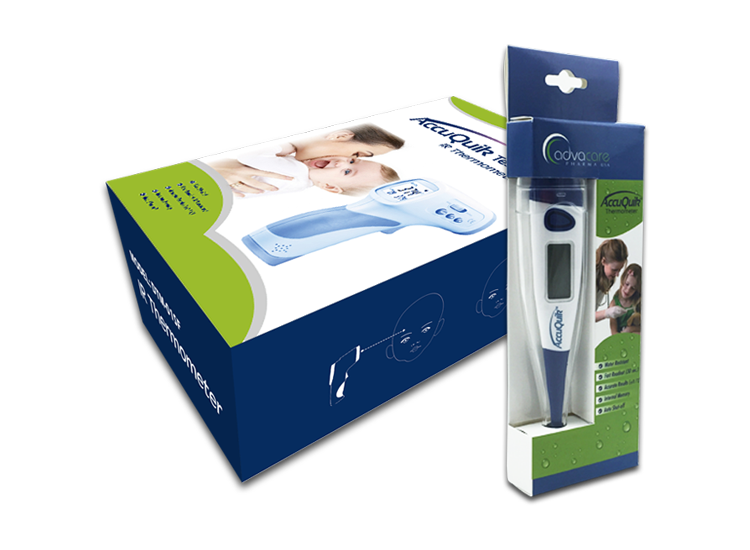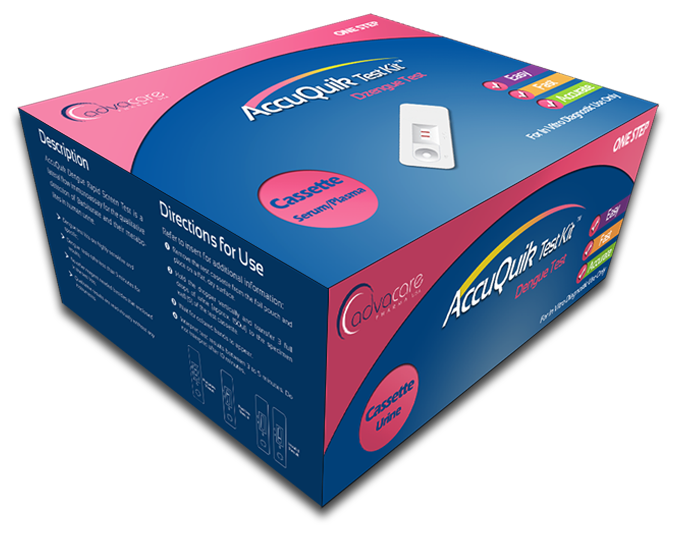More Information about the Herpes Simplex Test Kit
AccuQuik™ promotes the use of Herpes Simplex Test Kit.
Herpes Simplex
Available as cassette

Herpes Simplex Test Kit diagnostic test detects the herpes simplex virus type 1 antibody by indirect qualitative test in serum or plasma. The test kit consists of the microplate that is coated with herpes simplex virus antigen to test the specimen of the herpes simplex virus antibody. The antibody reacts with the antigen and binds with the enzyme-labeled anti-human monoclonal antibody to form an antigen-antibody-enzyme-labeled antibody complex. In the case of a formed complex, a colorimetric reading will appear indicating a positive result. If the colorimetric reading is missing, the result is negative. A positive result means that infection has occurred in the past, with or without symptoms. A negative result shows an unlikely previous exposure of the herpes simplex virus, or that the body has yet had time to being producing HSV antibodies. AccuQuik™ promotes the use of Herpes Simplex Test Kit.
The Disease
General Information
Herpes is a common viral infection that is caused by the herpes simplex virus. Two types of HSV exist, namely the herpes simplex virus type 1 (HSV-1) and herpes simplex virus type 2 (HSV-2). Both types of the virus are contagious and periodically cause blisters and cold sores. HSV-1 is commonly known as oral herpes and causes the symptoms to appear near the mouth and on the face. Transmission of HSV-1 is through kissing, sharing of drinking glasses or utensils with infected individuals. HSV-2 is responsible for causing genital herpes, and generally transmitted through sexual contact. When first infected with herpes, the symptoms might be mild and go unnoticed. After a period of time, the initial infection might resolve on its own, but the virus remains in the body. Periodic outbreaks might occur especially during periods of stress or illness
Treatments
Like many other viral infections, there is no cure for herpes. Antiviral medications may be administered to suppress outbreaks and shorten the duration of symptoms, such as the use of acyclovir, famciclovir and valacyclovir. Transmission of the virus might rarely occur from a delivering mother to her baby, causing neonatal herpes in the newborn. A course of intravenous antiviral medications must be administered to treat the newborn. Long-term health problems in the baby might occur and even turn life-threatening if the infection is left untreated. HSV-1 is not easily preventable as exposure can occur in everyday life. HSV-2 can be prevented by the use of protection (condoms) during oral, vaginal, and anal sex.

